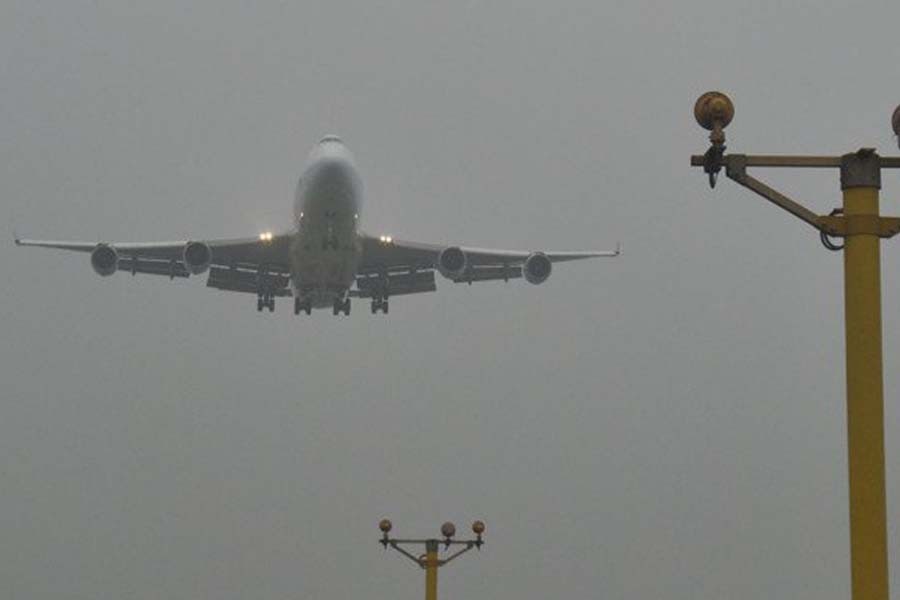A section of government officials, particularly those in the upper echelon of the administration, are ready to go to any extent to secure foreign trips at the cost of the public exchequer.
There are stories galore about how these officials go abroad on educational or familiarisation trips on subjects that have no relevance to their work and experience. The number of such unnecessary foreign trips has gone up in recent years. Media reports could not deter these officials from making such trips that produce nothing but costs the exchequer.
There are ample instances where desk-bound officials had taken part in training and workshops designed only for technical persons. Most of the times, the number of participants on such redundant trips is very high. The costs of these visits come either from the state coffer or from foreign-aided project funds.
Of all such trips, one made by a top official at the Ministry of Local Government, Rural Development and Cooperatives, recently will be remembered as an unprecedented one. The official concerned, according to a report published in the online version of a leading vernacular daily on Wednesday last, went on PRL (Post Retirement Leave) on the day after he had landed in Dhaka at the end of a 10-day foreign tour.
During the visit, he attended the Delta Plan 2100 meeting in the Netherlands and Water Summit in Spain as part of a seven-member team. The minister concerned headed the team. Funds from three foreign-aided projects were allegedly used to meet the expenses of the foreign tour, though these projects have nothing to do with the Delta Plan 2100 or Water Summit.
Now, why did the government include an official in a familiarisation or educational trip abroad knowing that he would go on retirement immediately after his return? Was it not a deliberate act of favouritism?
The donors concerned should also ask questions about the misuse of their funds on unnecessary foreign trips by government officials.
A section of government officials, it is alleged, devise plans on foreign trips in the name of training, workshops, knowledge-gathering etc., arrange funds from various sources and then try to convince the authorities concerned for approval. On most occasions, they become successful in their missions. Besides, undeserving candidates are also often selected to participate in foreign-funded training and workshops abroad.
In sum, there has been an unhealthy competition among the public servants to take part in unnecessary foreign trips. The government, it seems, is unwilling to take the issue seriously and initiate measures to stop it.
It is not that the government officials waste only precious foreign exchange on useless foreign tours. The practice also highlights something eviler, the government's dwindling control over its officials. The members of the public do not hold the officials in high esteem for a variety of reasons. The propensity to spend public funds on useless foreign tours only heightens their disliking further. The rush for foreign trips under concocted pretexts also highlights a lack of discipline in the administration.
The government should not allow such a situation to continue for the sake of its image. It has put a bar on the 'unnecessary' foreign trips by the government officials because of the ongoing tight forex situation. Such a restriction should always be in place. Why should the government allow 'unnecessary' foreign tours to take place even when the country's reserve remains healthy and stable?


